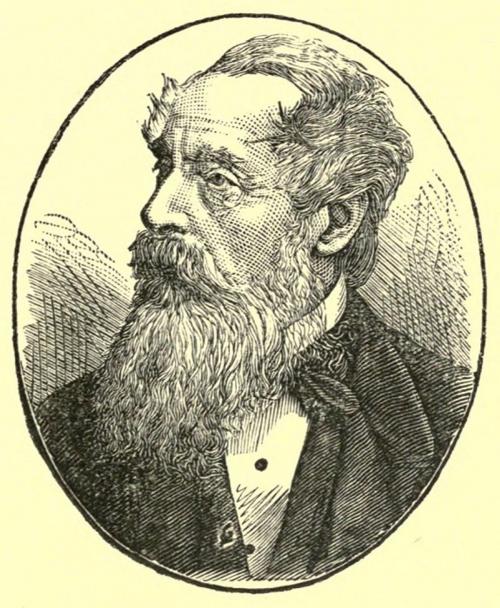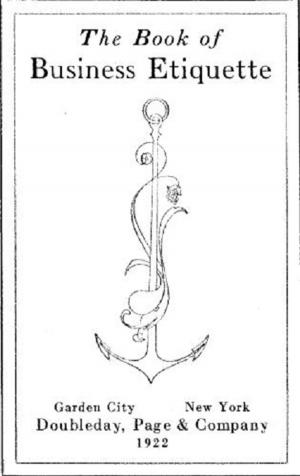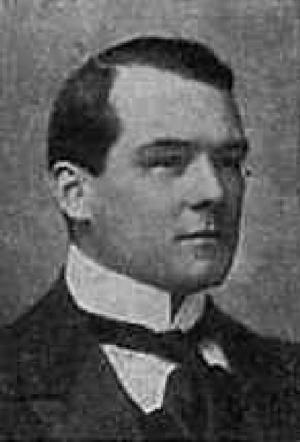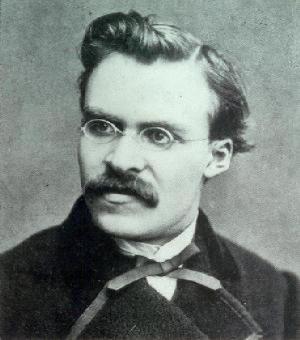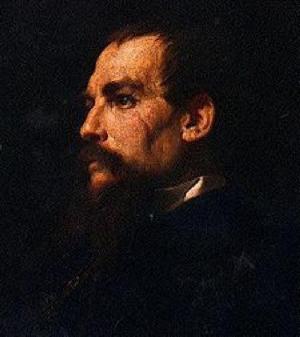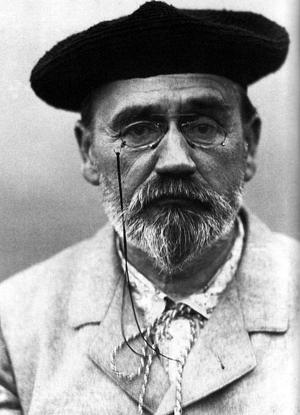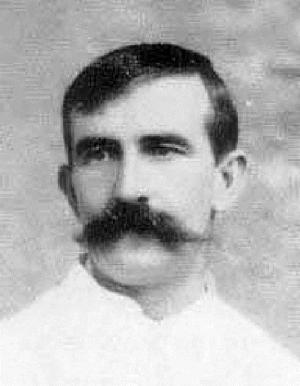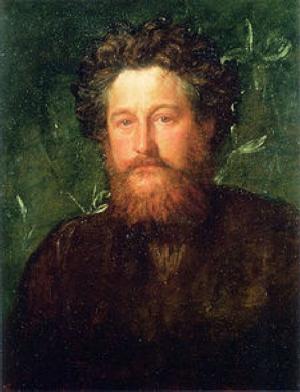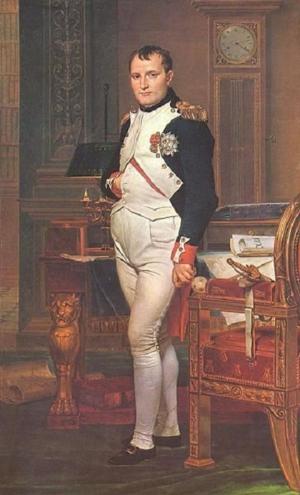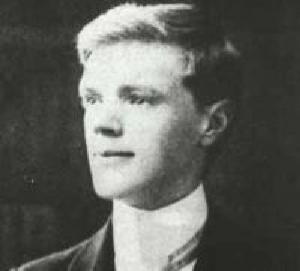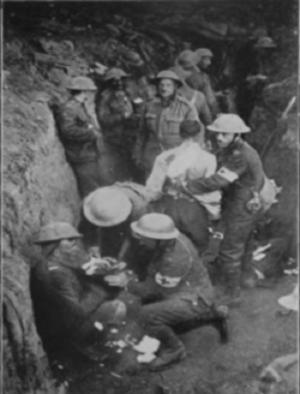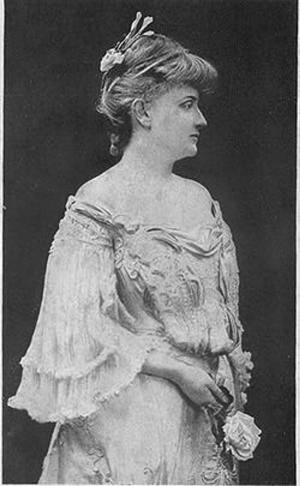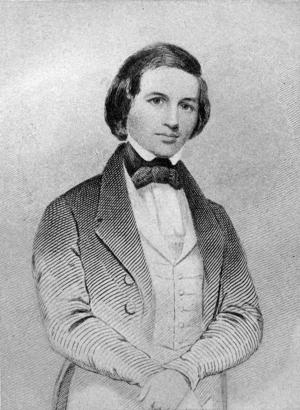| Author: | Kingston, W.H.G. | ISBN: | 9781455348640 |
| Publisher: | B&R Samizdat Express | Publication: | June 10, 2015 |
| Imprint: | Quench Editions | Language: | English |
| Author: | Kingston, W.H.G. |
| ISBN: | 9781455348640 |
| Publisher: | B&R Samizdat Express |
| Publication: | June 10, 2015 |
| Imprint: | Quench Editions |
| Language: | English |
Bill's father is a wherry-man in Portsmouth Harbour, who one day has an accident and is killed. Bill's mother is a seller of apples. The whole family are a happy, good-humoured lot. Bill is befriended by a Captain Trevelyan, who offers him a boy seaman's place in his ship, the Lilly. So Bill goes off to sea, knowing that it would be perhaps four years or more before he would see his family again. His companions as boy seamen include Tommy Rebow, a somewhat weaker lad than Bill. The crew are all reasonably pleasant people, maybe grumbling occasionally, but all getting on well together. But all is not sunshine, for there are hurricanes, fallings overboard, and other serious mishaps resulting in some swimming. Some fighting with the French, some encounters with sharks, some days with little or no food and water. But they get through it all, giving heartfelt thanks to God for each release from their ordeals. They were taking a capturedprize to Jamaica, when a lot of this occurred, and it was a considerable time before they found themselves back on board the Lilly, and homeward bound. This is a neatly written book--no complaints about it. It is also very short, only half the length of most of Kingston's books, and printed on incredibly thick paper, comparable with the card used to pack breakfastcereals. But the action is lively and frequently unexpected. According to Wikipedia: "William Henry Giles Kingston (28 February 1814 - 5 August 1880), writer of tales for boys, was born in London, but spent much of his youth in Oporto, where his father was a merchant. His first book, The Circassian Chief, appeared in 1844. His first book for boys, Peter the Whaler, was published in 1851, and had such success that he retired from business and devoted himself entirely to the production of this kind of literature, in which his popularity was deservedly great; and during 30 years he wrote upwards of 130 tales, including The Three Midshipmen (1862), The Three Lieutenants (1874), The Three Commanders (1875), The Three Admirals (1877), Digby Heathcote, etc. He also conducted various papers, including The Colonist, and Colonial Magazine and East India Review. He was also interested in emigration, volunteering, and various philanthropic schemes. For services in negotiating a commercial treaty with Portugal he received a Portuguese knighthood, and for his literary labours a Government pension."
Bill's father is a wherry-man in Portsmouth Harbour, who one day has an accident and is killed. Bill's mother is a seller of apples. The whole family are a happy, good-humoured lot. Bill is befriended by a Captain Trevelyan, who offers him a boy seaman's place in his ship, the Lilly. So Bill goes off to sea, knowing that it would be perhaps four years or more before he would see his family again. His companions as boy seamen include Tommy Rebow, a somewhat weaker lad than Bill. The crew are all reasonably pleasant people, maybe grumbling occasionally, but all getting on well together. But all is not sunshine, for there are hurricanes, fallings overboard, and other serious mishaps resulting in some swimming. Some fighting with the French, some encounters with sharks, some days with little or no food and water. But they get through it all, giving heartfelt thanks to God for each release from their ordeals. They were taking a capturedprize to Jamaica, when a lot of this occurred, and it was a considerable time before they found themselves back on board the Lilly, and homeward bound. This is a neatly written book--no complaints about it. It is also very short, only half the length of most of Kingston's books, and printed on incredibly thick paper, comparable with the card used to pack breakfastcereals. But the action is lively and frequently unexpected. According to Wikipedia: "William Henry Giles Kingston (28 February 1814 - 5 August 1880), writer of tales for boys, was born in London, but spent much of his youth in Oporto, where his father was a merchant. His first book, The Circassian Chief, appeared in 1844. His first book for boys, Peter the Whaler, was published in 1851, and had such success that he retired from business and devoted himself entirely to the production of this kind of literature, in which his popularity was deservedly great; and during 30 years he wrote upwards of 130 tales, including The Three Midshipmen (1862), The Three Lieutenants (1874), The Three Commanders (1875), The Three Admirals (1877), Digby Heathcote, etc. He also conducted various papers, including The Colonist, and Colonial Magazine and East India Review. He was also interested in emigration, volunteering, and various philanthropic schemes. For services in negotiating a commercial treaty with Portugal he received a Portuguese knighthood, and for his literary labours a Government pension."
